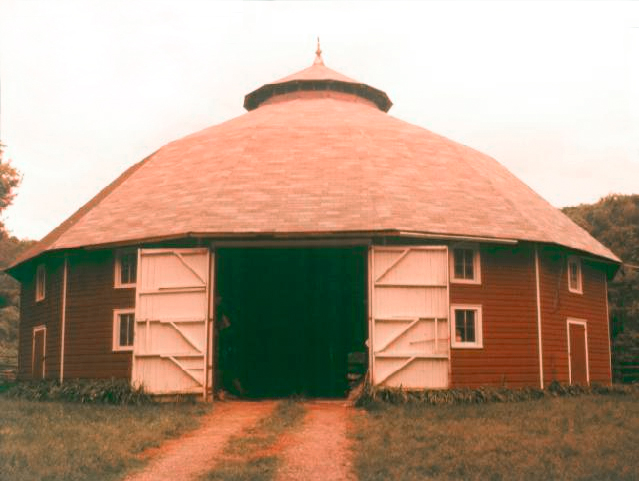My friend Jim Heckert, Manager of Cedar Grove Plantation, Clarksville, Virginia, just gave me two really good books, Horse Tradin’ and More Horse Tradin’ by Ben K. Green DVM. The stories in them got me thinking about my heritage.
My paternal grandfather, Harry McClanahan Word (1865-1944), was in his first career a successful farmer-livestock dealer, and my father (1897-1954) apprenticed under him. That’s where I got my love of all things agrarian. My grandfather Harry’s life story is filled with cautionary tales, the first being Stick With What You Know.
My grandfather loved livestock and was a good judge of it. He made a business of visiting on horseback in the Spring the farmers of Montgomery and surrounding Blue Ridge counties in Virginia and contracting to buy for fall delivery their crops of beef calves, ewes, colts , fillies and mules. He would winter some on his 250-acre farm at the crest of Christiansburg Mountain and resell others soon after he took delivery or sometimes before. He loved the trading business and built a good reputation for honest dealing and keeping his word, no pun intended.
In Nineteen-Nineteen he succumbed to a case of Grass Always Looks Greener from which he never recovered. My father got caught up in it too. It happened like this.
That year was the best for agriculture in America, before or since. Europe had been devastated by The Great War and demand for commodities to feed its starving millions was very high. The price of farmland rose to $200 an acre in the fertile Midwest and to a national average of $69. Cattle prices also soared. My father was twenty-two and just returned from the Army, having graduated Officer Candidate School at Fort Zackary Taylor in Kentucky just as the Armistice was signed.
The richest man in the county, Colonel Sidney Sheltman, invited my father to be his equal partner in the purchase of a 777-acre farm in the Ellet Valley on the headwaters of the Roanoke River. The price was $30 an acre, $1000 down and the balance due five years later, secured by a vendor’s lien.
Sheltman also bought my grandfather’s farm for $50 an acre, half cash and the rest for a note similarly secured.
My grandfather used his cash proceeds to found Christiansburg Seed and Fertilizer Company, becoming a merchant instead of a trader-farmer.
Soon things went to Hell for my father and grandfather and the rest of the agrarian economy. In 1920 Europe’s farming production recovered and American commodity and farmland prices cratered. An agrarian recession soon became a depression that, thanks to the Dust Bowl Years, also known as the Dirty Thirties, lasted for farmers until the onset of World War Two.
Sidney Sheltman contracted influenza, the scourge brought home to America by returning soldiers, and died in 1922. In a week his many enterprises, including the 777 acre farm and my grandfather’s 250 acre one, plus a half-dozen others and a Ford dealership and several saw mills were in receivership. Creditors got pennies on the dollar after waiting as long as two decades (my grandfather was not paid the second half of his farm mortgage until 1942). The seller of the 777-acre farm bought it back for $12 an acre (my father in a note to the receivership court said his offer was “far more than the property would bring at auction”).
My grandfather’s seed and fertilizer business never made a profit. In 1934 he literally gave it to Stanley Wimmer who converted it to a John Deere dealership that thrives to this day. The 777 acre farm now holds Virginia Tech’s Smart Road bridge, where innovative auto technology is tested.
The only reminder of my father’s brief ownership of half the 777 acre farm is a round red horse barn he built on it. (photo by Don Burnell)
My father always said, “Seven is not our lucky number, and Partnership is an instrument of the Devil.”
